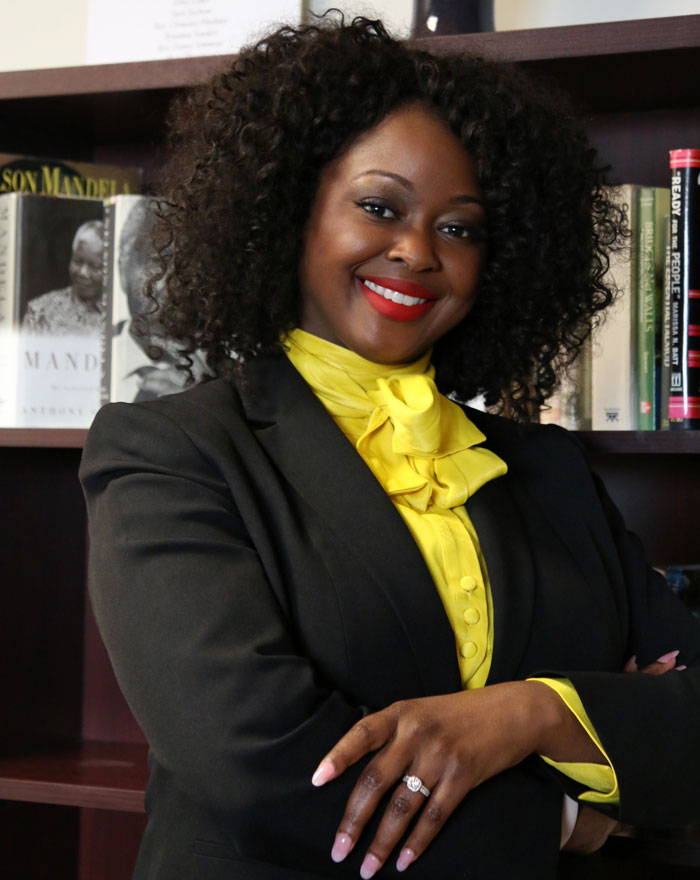Q&A: Hate Crimes Bureau Chief Kelli Muse on Making Brooklyn Safe for All

In 2018, the Brooklyn DA’s Office announced the creation of a dedicated Hate Crimes Bureau to offer the most adequate response to the growing problem of bias-motivated crimes. The Hate Crimes Bureau investigates hate crimes from the early stages and enhances prosecutions whenever appropriate. In this interview, ADA Kelli Muse, Chief of the Hate Crimes Bureau, discusses the Bureau’s role in assisting victims, educating the community and holding perpetrators of hate crimes accountable.
How does the Hate Crimes Bureau determine if a crime was motivated by hate?
We determine if a case should be prosecuted as a hate crime if, through our investigation, we learn that the person intentionally selected a victim in whole or substantial part because of the victim’s race, color, national origin, ancestry, gender, religion, religious practice, age, disability, or sexual orientation.
What steps has the DA’s Office taken to help prevent hate crimes in the community?
The Hate Crimes Bureau was created to not only prosecute individuals who commit certain crimes that are motivated in whole or substantial part by bias, but also to educate the community about hate crimes. In doing so, Assistant District Attorneys have engaged the community at Precinct Council Meetings, religious events, rallies, community board meetings, churches, synagogues, mosques, and schools. Our goal is to explain what a hate crime is, distinguish between hate crimes and protected hate speech, explain the process when someone believes that a hate crime is committed from the time the incident takes place through disposition and to inform the community of services that are available to victims.
What is your message to those who may be reluctant to report a hate crime?
We believe that a hate crime committed against an individual is a crime committed against the entire community because these acts impact everyone. Every person in Brooklyn and throughout this country should be free to walk the streets and feel safe regardless of what they look like, their culture, gender, who they worship and who they love. We want everyone to know that The Hate Crimes Bureau is a safe space. We know that, for many reasons, victims are not reporting all hate crimes that take place. Some victims feel intimidated by the police, some may fear immigration consequences and others may fear judgment. We want all our victims to know that their immigration status or sexual orientation does not matter to us when investigating and prosecuting crimes. All of our victims are treated with respect.
What do you enjoy most about the work you’re doing?
The best part about my work as Hate Crimes Bureau Chief is doing work that indelibly affects the community—work that matters. I believe that hate crimes impact the very fabric of who we are as a society. We are all proud of our culture, religion, and who we’ve grown up to be. We should be able to raise our families free of attacks born out of racism, prejudice, Anti-Semitism, homophobia, and trans-phobia. I enjoy going into schools, synagogues, churches, and community events to educate the public about bias motivated incidents. I like sitting with the community in the community, listening to concerns, and helping to resolve them. Of course, the most rewarding part of my work is being able to call a victim and telling them that justice has been served.






